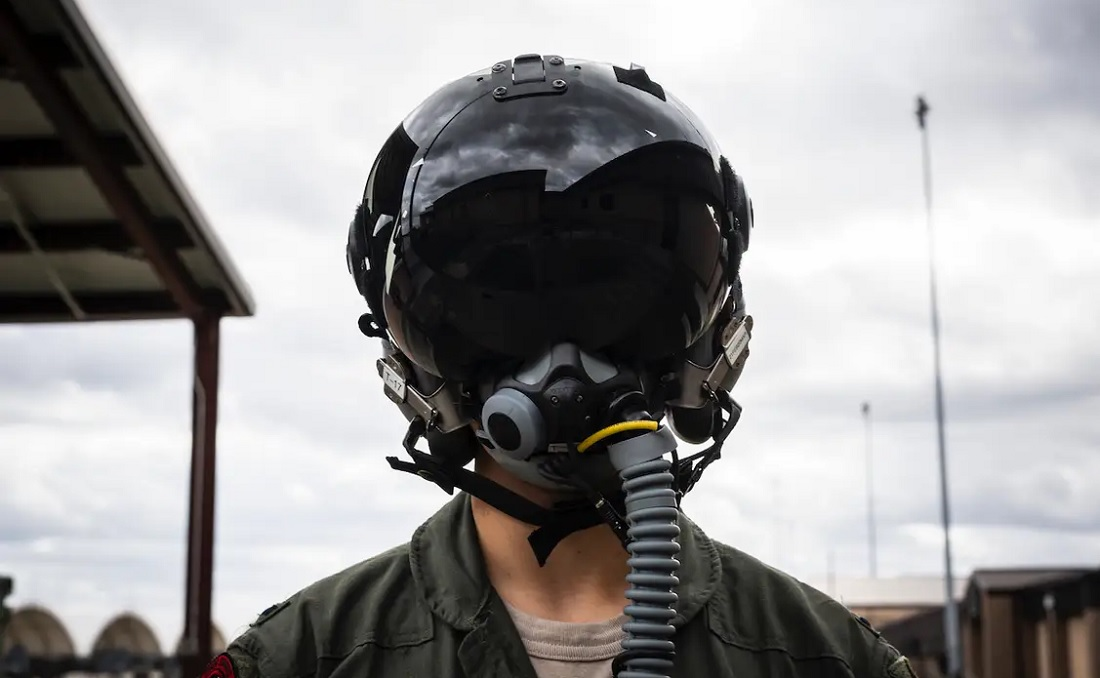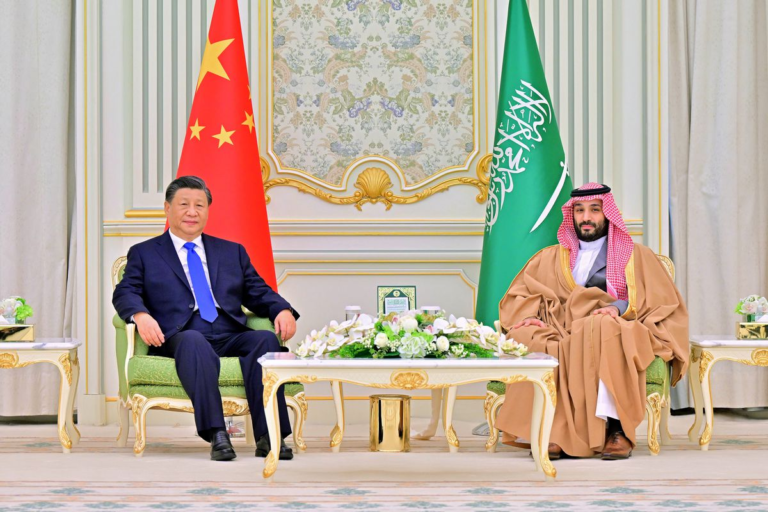The government has introduced a bill to Parliament designed to strengthen the laws surrounding Australia’s military secrets and enhance its ability to protect them.
The Safeguarding Australia’s Military Secrets Bill is the result of a directive from Deputy Prime Minister and Defence Minister Richard Marles to Defence to develop legislation to prevent the unwanted transfer of sensitive military information to foreign powers and to strengthen the penalties for doing so.
“Late last year, the Albanese government directed Defence to examine the adequacy of the policies and procedures for preventing former defence personnel from transferring sensitive defence information to foreign militaries with interests inimical to Australia’s,” Mr Marles told Parliament on 14 September.
It is believed the legislation was developed in the wake of a former US national, now an Australian citizen, being alleged to have trained Chinese military pilots in South Africa in 2010 and 2012. Former US Marine Corps pilot Daniel Duggan has been held in custody in Australia without charge since October last year, pending extradition to the US.
Duggan has rejected the charges and says he trained civilian pilots.
There were also reports in 2022 that former Australian military pilots had been approached by Chinese entities or delegates to train or advise Chinese military pilots.
The new laws will require certain former Australian Defence Force members or Defence Australian Public Servants to obtain approval at the ministerial level prior to working for any foreign military or government entity. It will also require any Australian citizen or permanent resident training with a foreign country operating controlled military equipment and operational procedures to also obtain approval.
Exceptions apply for ‘five-eyes’ member nations – New Zealand, Canada, the UK and the US.
A 14 September release reads: “Australians who work or have worked in Defence who come into possession of the nation’s secrets have an obligation to maintain those secrets beyond their employment with the Commonwealth. This is an enduring obligation and to reveal any of those secrets is already a crime.”
In the release, Mr Marles said, “This new legislation will bolster Australia’s national security by ensuring our military secrets remain safe. This sensible reform strengthens the robust laws we have in place by enhancing the Government’s ability to prevent the unwanted transfer of sensitive Defence information to foreign militaries.
“Importantly, it is not intended to prohibit former Defence personnel seeking overseas employment opportunities. This is about keeping Australian secrets in Australian hands.”
It is not known how the new legislation will affect those former ADF personnel who are currently working overseas with foreign militaries, nor whether approval can be retrospectively requested.
Mr Marles said the new legislation was designed to more closely align Australia’s laws with those of the US and UK as part of the AUKUS construct.
“This bill also reflects Australia’s commitment to enhance our security standards to safeguard sensitive technology and information, particularly as we embark on work through our AUKUS partnership with the United States and the United Kingdom,” Mr Marles told Parliament.
“Elements of this bill are modelled on similar provisions that exist in United States domestic law. They are not intended to prevent Australians from working overseas or with all foreign governments or militaries,” he said.
“Rather, our legislative intent is to prevent individuals with knowledge of sensitive defence information from training or working for certain foreign militaries or governments where that activity would put Australia’s national security at risk.”
The Bill has been referred to the Parliamentary Joint Committee on Intelligence and Security (PJCIS) to conduct hearings, and an 18 September release from the PJCIS says it will accept submissions up to Thursday 16 November 2023.
Source : Riotact







